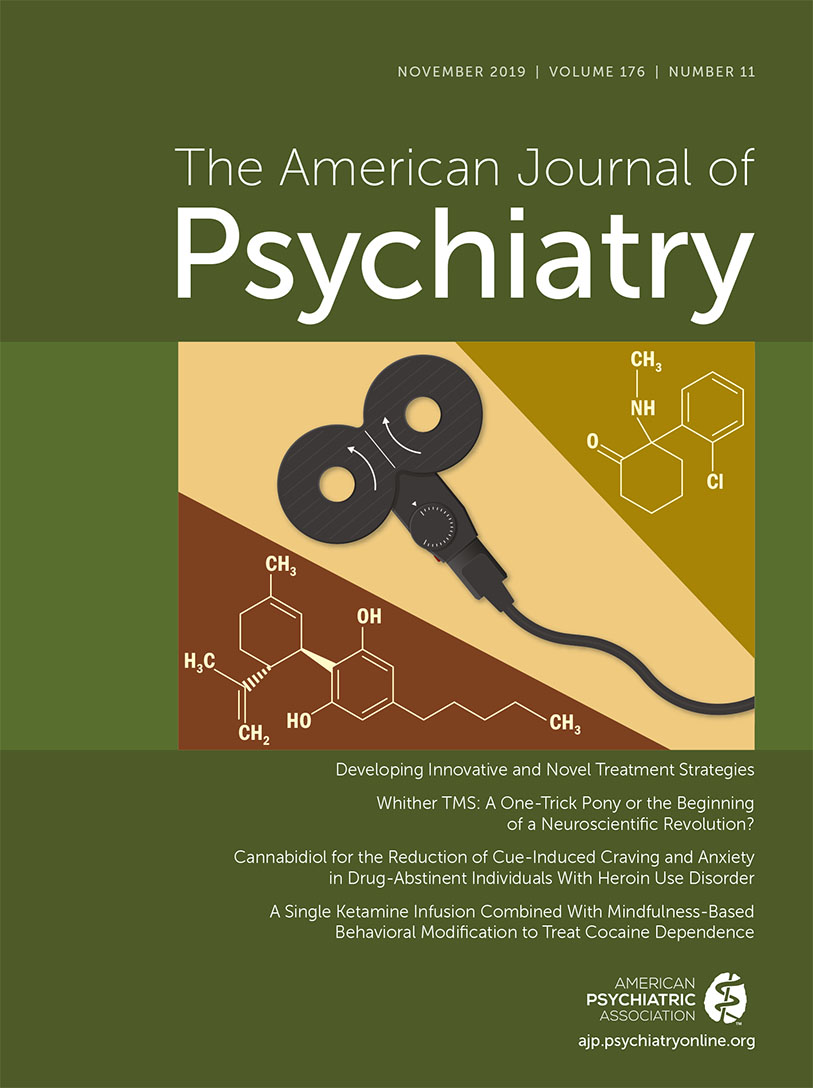Whither TMS: A One-Trick Pony or the Beginning of a Neuroscientific Revolution?
Abstract
Psychiatry has been at the forefront of advancing clinical transcranial magnetic stimulation (TMS) since the mid-1990s, shortly after the invention of modern TMS in 1985 by Barker. Clinical TMS for psychiatric applications is advancing rapidly, with novel methods and innovations for treating depression, as well as a new clinical indication in obsessive-compulsive disorder. This review summarizes the recent findings and peers into the near future of this fertile and rapidly changing field. It is possible that many, perhaps even most, psychiatrists will be incorporating some form of brain stimulation into their practice within the next decade. The author summarizes the reasons for this optimistic view.



